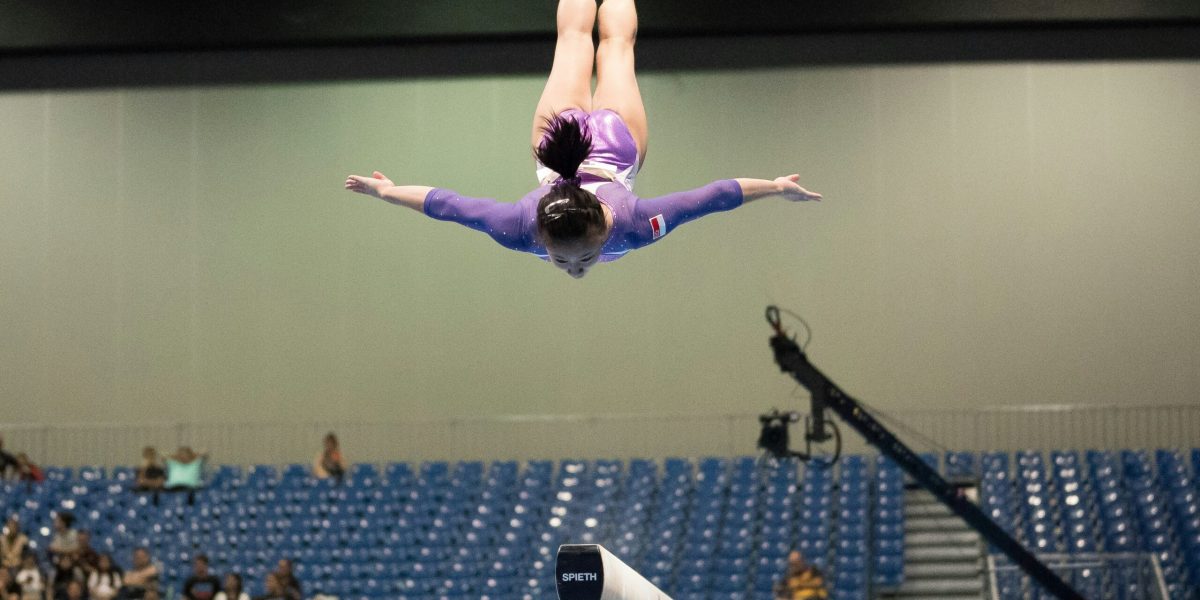In the world of high-performance sports, athletes are constantly searching for ways to enhance their physical and mental abilities. As training regimens become more advanced and competition intensifies, many are turning to nootropics—often referred to as “smart drugs”—to boost their focus, clarity, and overall cognitive performance. These substances, whether natural or synthetic, are designed to improve mental function, particularly in areas such as memory, creativity, and concentration. As the demand for optimal performance grows, so too does the interest in nootropics. This article explores how nootropics are influencing the mental sharpness of athletes and why they have become an integral part of many athletic routines.
How Do Nootropics Enhance Focus and Performance?
The primary appeal of nootropics lies in their ability to enhance focus and mental clarity, which are crucial for athletes who need to stay sharp during intense competition. Many athletes rely on these substances to gain an edge, especially when their physical limits are reached and mental stamina becomes the deciding factor.
Nootropics work by influencing brain chemistry, often enhancing the production of neurotransmitters like dopamine, serotonin, and acetylcholine. These chemicals play key roles in improving mood, memory, and cognitive function, thereby allowing athletes to stay alert and perform at their peak during critical moments. For example, substances like caffeine, a widely used nootropic, can boost attention and reaction times, making it a popular choice for athletes before events. More complex nootropics, such as L-theanine combined with caffeine, help reduce the jitteriness often associated with high caffeine doses, promoting a calm yet focused state of mind.
Are Nootropics Safe for Athletes?
Despite their growing popularity, the use of nootropics in sports raises concerns regarding their safety and long-term effects. Some athletes are cautious, particularly when using synthetic nootropics, which may have side effects that could affect both mental and physical health. The key is understanding the balance between enhancing cognitive function and maintaining overall well-being.
Natural nootropics, such as ginkgo biloba, Rhodiola rosea, and Bacopa monnieri, have been widely researched and are believed to have fewer side effects compared to their synthetic counterparts. These herbs have been shown to improve cognitive performance without the risk of addiction or dependency. However, like any supplement, nootropic substances must be used responsibly. Athletes should always consult with a healthcare professional before incorporating nootropics into their routine, particularly if they are subject to anti-doping regulations.
The Role of Nootropics in Mental Endurance
While physical training is essential for athletic success, mental endurance plays a significant role in determining an athlete’s performance. Mental fatigue can be just as debilitating as physical fatigue, especially in sports that require extended concentration, like tennis, chess, or e-sports. As a result, more athletes are turning to nootropics to help them push through these mental barriers.
Research indicates that nootropics can help mitigate the effects of stress and anxiety, allowing athletes to maintain a state of mental focus under pressure. For instance, substances like Panax ginseng have been shown to enhance energy levels and reduce feelings of fatigue, which is essential for athletes during prolonged periods of activity or competition. Additionally, nootropics like L-tyrosine may help reduce stress levels and improve cognitive flexibility, which is crucial for making quick decisions during high-pressure situations.
Nootropics: A Trend With Staying Power?
As the world of professional sports continues to evolve, nootropics are likely to remain a significant part of the conversation surrounding performance enhancement. While the use of performance-enhancing drugs (PEDs) has always been controversial, nootropics offer a legal and, in many cases, a safer alternative. The key difference is that nootropics primarily focus on boosting mental faculties rather than altering physical abilities.
With increased awareness of the mental aspects of sports, especially in disciplines requiring concentration, focus, and strategy, more athletes are incorporating nootropics into their training regimens. The growing body of research supporting their benefits suggests that nootropics may be here to stay as a tool for enhancing cognitive performance.
Nootropics and Focus in Athletics
Nootropics are fast becoming an essential part of the athletic world, as athletes seek ways to sharpen their focus, boost mental endurance, and gain a cognitive edge. While their popularity continues to rise, athletes must remember that moderation and responsibility are key. Using nootropics to enhance mental performance can be a valuable tool in the competitive sports landscape, but like all supplements, they should be used in conjunction with proper training and nutrition.
As we move into the future, the role of nootropics in sports will likely continue to evolve, with new substances and formulations emerging to meet the demands of athletes seeking that extra mental edge. The growing interest in mental performance underscores the importance of staying ahead, not only physically but mentally, in the pursuit of excellence.








